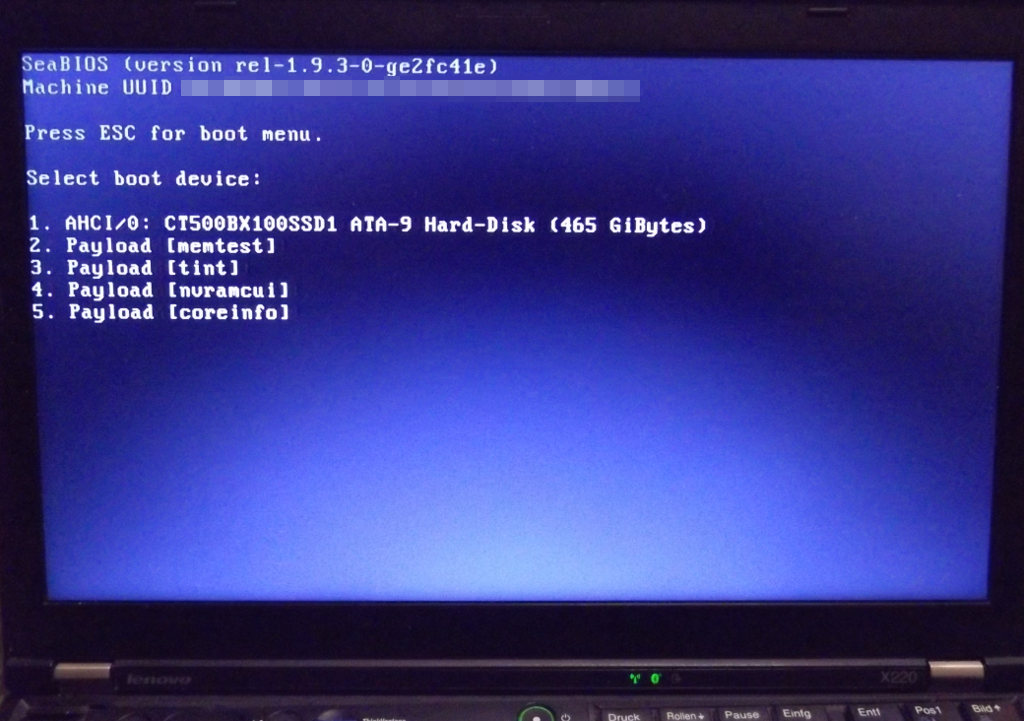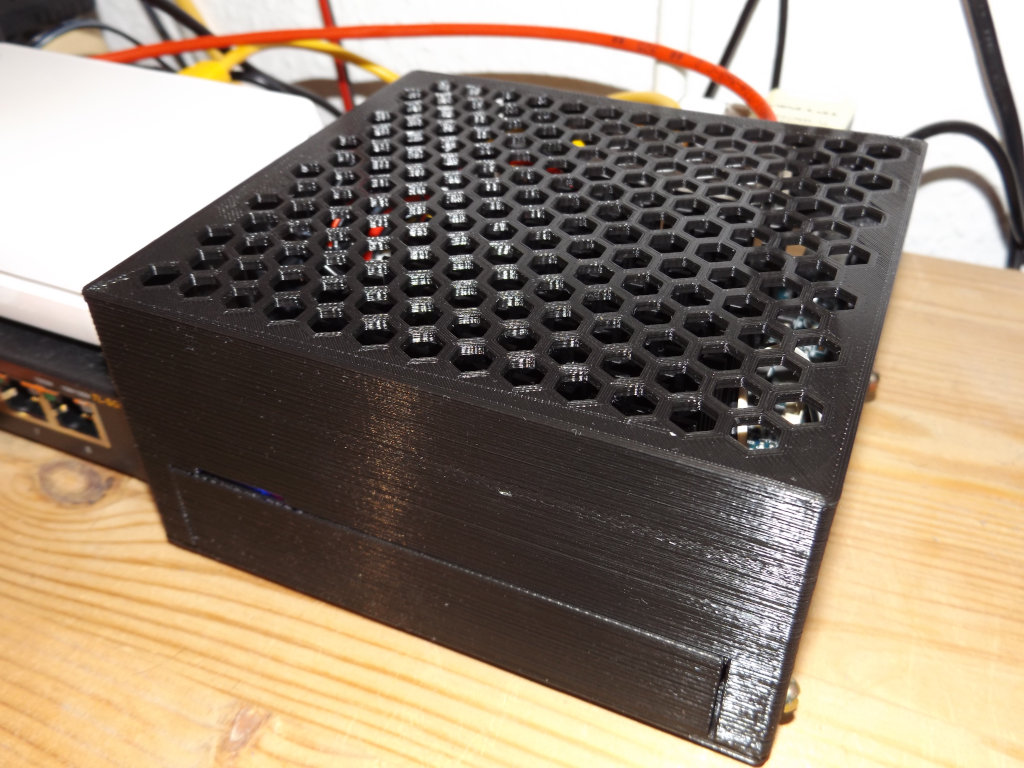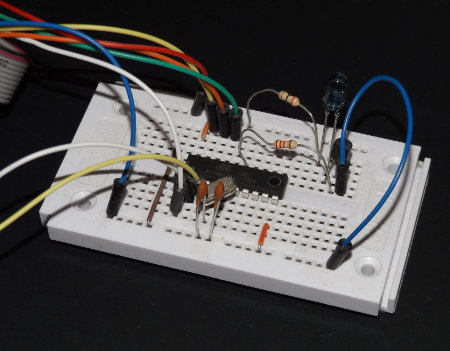I have finally come around to install
Coreboot on my X220 laptop. It is an X220 with a Core i5-2520M and 16 GB of DDR3-1600 RAM.
Coreboot is an open source replacement for the BIOS/UEFI firmware of a variety of laptops and mainboards. Coreboot needs to be combined with a payload component, since Coreboot itself doesn't do a whole lot besides hardware initialization. The payload I am using here is
SeaBIOS, which implements the features of a PC BIOS.

It allows you to boot most PC operating systems, including those that rely on the classic PC BIOS features. For UEFI support there is the TianoCore
payload. It is also possible to use the GRUB bootloader as a payload or embed a Linux kernel as a payload (if the flash chip is large enough).



